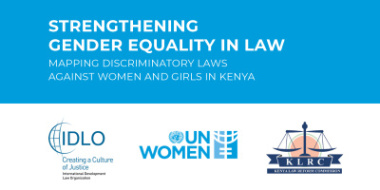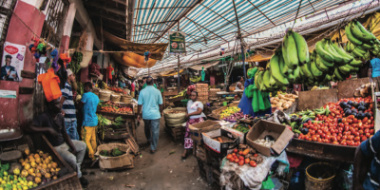Kenya: 2010 Constitution Seen Restoring Trust
Kenya's 2010 Constitution, whose implementation benefited from IDLO expertise, had helped build trust and confidence in the country's judiciary, IDLO Director of Global Initiatives Ted Hill said at a public lecture in The Hague this week. The subsequent Kenyan elections, in 2013, were the first in which disputes were resolved in court rather than in the street.












